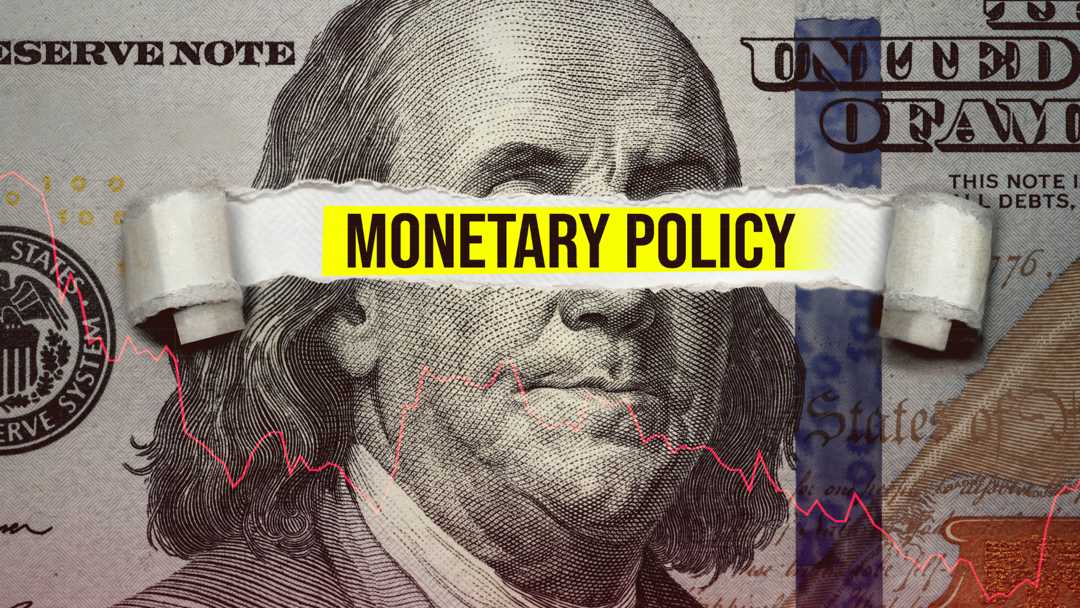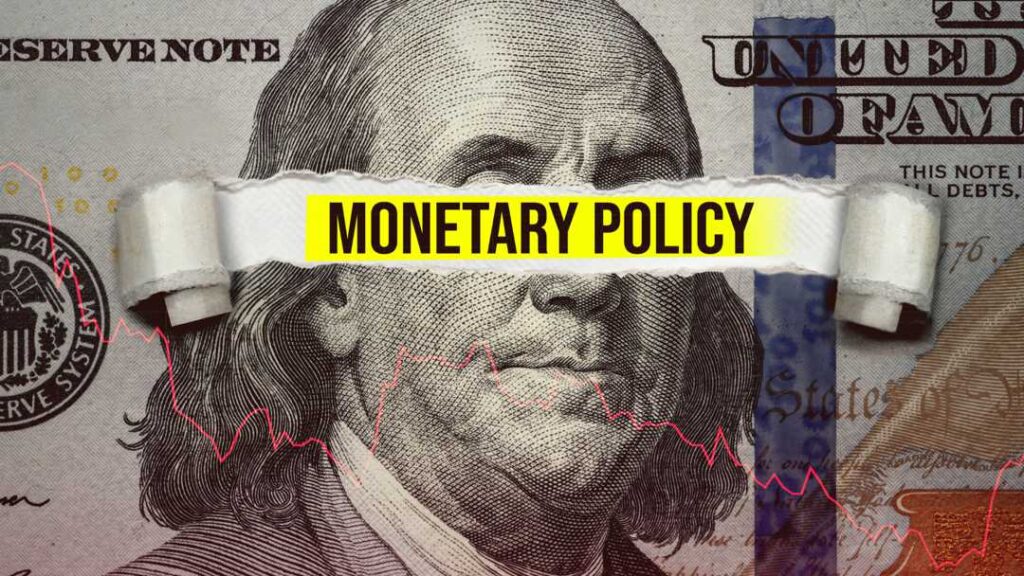Central banks and Monetary Policy
A central bank like the Federal Reserve, the European Central Bank, or the Bank of Japan possesses an immense amount of power and influence over the financial markets. Their decisions on interest rates, money supply, and monetary policy, in general, have tangible effects on the economy and affect every person around the world in different ways. This article will explore how these decisions affect both you as an individual investor, the currency trading market as well as economies on a global scale.
What is a Central Bank?
The purpose of a central bank is to maintain stability in a country’s currency, as well as its banking system. For example, let’s say that inflation starts rising out of control in a country (inflation occurs when prices for goods and services start increasing rapidly). The government can set up an independent institution, like a central bank. That would be able to control how much money is circulating throughout that economy by raising or lowering interest rates. This means that people will want to borrow less because their earnings are more valuable with low-interest rates. It also means businesses are more willing to take loans if they know they can pay them back with cheap money.
How does Monetary Policy Work?
Monetary policy is carried out by a nation’s central bank, or monetary authority. The Federal Reserve (the Fed) in the U.S. For example, consists of 12 regional banks that oversee commercial banks. It also monitor a variety of financial factors to ensure stability in both economic growth and inflation. These factors can include monetary aggregates, interest rates, money supply growth, and foreign exchange reserves among others. If data shows that economic growth is above desired levels – that it’s overheating. Policymakers raise interest rates in an effort to prevent future inflation from becoming a problem. Conversely, if there are signs of economic weakness, they cut rates to spur spending. Central Banks make decisions that affect currency rates in the Forex Trading Market.
What are the Tools of Monetary Policy?
Central banks are typically associated with three tools that can be used to regulate their respective economies: interest rates, open market operations, and reserve requirements. In practice, central banks use a combination of these tools depending on current economic conditions. The key tool used by most central banks is interest rates. Interest rates are charged by a bank to lend money in different forms such as loans or bonds. When lending rates fall, consumers borrow more money since they have more disposable income after servicing any debt they already have. When lending rates rise, consumers are less likely to take out loans; instead, they will likely save that extra cash.
Is Fiscal Policy Different from Monetary Policy?
Monetary policy is a deliberate act by a nation’s central bank to control inflation, unemployment, and interest rates. Whereas, fiscal policy deals with government taxes, government spending, budget deficits or surpluses as well as government debt. Money Supply The most common measurement of the money supply is M2. The name stands for money to be spent in 2 business days. While it’s not perfect, a measure of money supply like M2 is considered one of the best gauges of how well currency is circulating. It represents cash (both paper and coins) in circulation, checking accounts, saving accounts, money market accounts as well as other non-institutional forms of credit that can be converted into cash quickly.
The Federal Reserve Bank
The Federal Reserve Bank also considers lending-driven measures when measuring money supply. An important element of monetary policy is a central bank’s ability to set interest rates and target inflation levels. Interest rates are typically raised to decrease inflation, while they are lowered when there is an economic slowdown or recession. If a central bank raises interest rates but fails to lower inflation, it is referred to as tightening policy—while lowering interest rates has loosened policy. All investments involve some degree of risk. If you intend to purchase securities – such as currencies, commodities, stocks, bonds, or mutual funds – it’s important that you understand before you invest that you could lose some or all of your money.
To learn more about FOREX TRADING and many more visit our website at: https://smartradeph.com/
Like our social media pages to see schedules for our free online training/seminars and one on one coaching.
Facebook: https://www.facebook.com/smartradeph/
Instagram: https://www.instagram.com/smartradeph/
Linkedin: https://www.linkedin.com/company/smartrade-philippines/
Twitter: https://twitter.com/smartradeph
Youtube: https://www.youtube.com/c/SmarTradePH
Tiktok: https://www.tiktok.com/tag/smartrade


